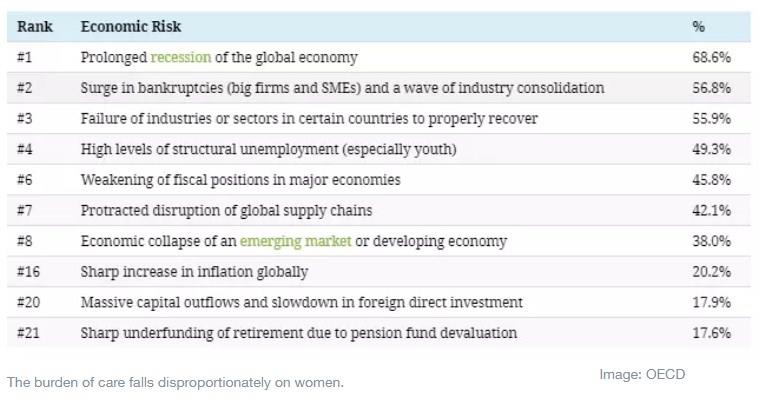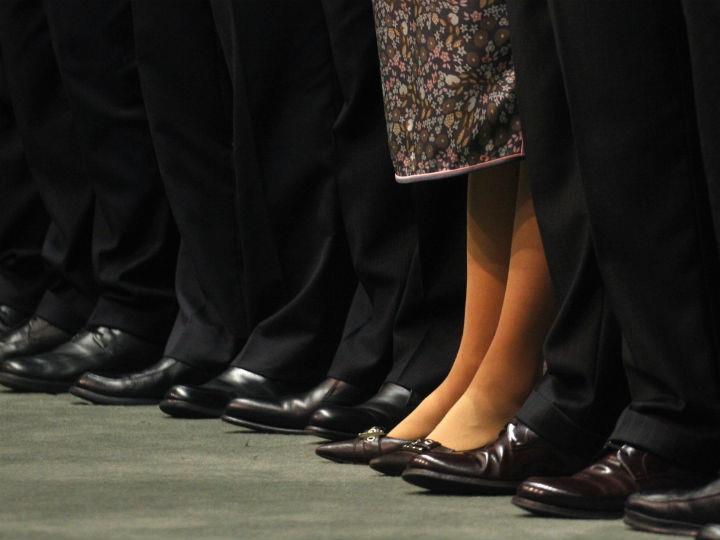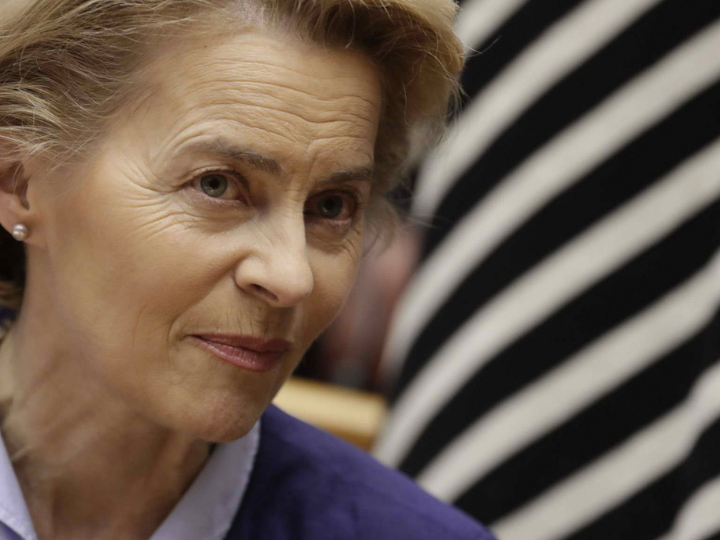by Sofia Sprechmann*
This week I spoke at an event that was both bleak and inspiring in equal measure. I was speaking alongside the World Bank, Dutch Development Bank and other experts on the disproportionate impact that COVID-19 is having on women entrepreneurs.
It was bleak, because the outlook for women in the face of this pandemic is devastating. But inspiring, because I felt a collective desire to tackle the problem head-on. Let me be clear: the longer-term impact of the COVID-19 pandemic will not be equal for women and men. We are currently experiencing the biggest setback in gender equality for a generation. It’s not just humanitarian and development agencies like CARE who are saying this – my co-panellists from the banks also had hard evidence to support it; for example, the World Bank has seen more female businesses closing during this pandemic than men’s.
This pandemic is having a deep impact on women and is throwing away decades of hard-won battles both in terms of gender equality and women’s economic rights. COVID-19 has seen the burden of unpaid work on women significantly increase around the globe. There has also been a sharp rise in gender-based violence as a result of the worldwide lockdown. Women are also more likely to be in informal and low-paid jobs, and millions have lost their livelihoods overnight. In Latin America alone, there are around 19 million domestic workers, 80% without contracts, who have been laid off with very little legal and social protection.
For women entrepreneurs from our programmes, the picture is as stark. In Sri Lanka, 90% say their income has decreased and their supply chains are disrupted. In Guatemala, 96% do not have enough money to buy basic food items, and the same amount say the crisis has increased unemployment in their community. Many of these women are now truly on a cliff edge, at risk of hurtling right back into poverty. A devastating prospect after they’ve worked so hard to succeed.

Before this crisis, the World Economic Forum predicted it would take 257 years to reach economic parity between women and men – this was already scandalous. It is both devastating and frustrating that this figure has been set back by generations more.
Women entrepreneurs have overcome so many barriers to get their businesses thriving and to overcome poverty. And it is precisely these women that hold the power to face the gigantic task ahead. We’ve seen it with the Ebola crisis, with women from war-torn countries, and we know we will see it after this pandemic. Women can and will elevate their communities back out of poverty, rebuilding what they have lost, and they urgently need our support and help.
Having worked in this sector for 25 years, I remain in awe of the strength and resilience of women – even those in the most dire circumstances who are struggling to feed their families every day. Hearing Dorcas, an entrepreneur from Sierra Leone, speak during the Women Mean Business event once again reinforced that strength. She has had to close her restaurant business and training school as a result of COVID-19, but she is already diversifying and is clear on what is needed.
In Dorcas’s own words: “Women need training and financial support so that they can build up their businesses, and support their families and their communities.” Women hold this power to get their communities back on track. That’s why I am calling on decision-makers to double their support for women-led micro and small enterprises as an explicit part of international COVID-19 responses.
Women represent the biggest opportunity for economic growth. In a full potential scenario in which women play an identical role in labour markets to men, as much as $28 trillion could be added to global annual GDP in 2025.
This is why my heart is breaking, and, as we continue to face a global financial recession, yours should be too.
*Secretary-General, Care International
**first published in: www.weforum.org




 By: N. Peter Kramer
By: N. Peter Kramer
